From frittatas to baked Alaska, eggs are a staple ingredient in many classic dishes. On their own, eggs are often over-cooked and become dry and tasteless. Common mistakes like over-cooking eggs are easily fixable, and these quick fixes will improve your cooking techniques for tastier eggs.
The average American consumes more than 250 eggs per year, making them one of the most important ingredients in your kitchen. Although they’re a cheap source of protein (usually only about 15 cents per egg) and vitamin D, eggs are often wasted. Save unused egg whites and freeze them and be aware that eggs often last up to a month after the expiration date on the box.
Good for more than breakfast, eggs are involved in many recipes. Whether you’re breading and frying some chicken, topping a burger with a fried egg, or spreading homemade mayonnaise on a turkey club, eggs are in a lot of what we’re eating.
Know that there are multiple ways to do almost everything; for example, you can achieve hard-boiled eggs by baking, steaming, or even microwaving in addition to the standard boiling technique. The best thing about most egg dishes is that if you mess up, you end up with a plate of scrambled eggs, which are always a good option. Note that recipes often call for an egg without specifying the size. Size doesn’t matter for most recipes, except for baking. Unless otherwise specified, eggs called for in recipes are large eggs.
Make breakfast (or even breakfast for dinner) more delicious with these tips and tricks for cooking eggs, and don’t be afraid to step out of the box and change up the standard omelette with a single-serving omelette cup. Practice these techniques and never eat another plate of dry scrambled eggs again.
1. Cracking eggs on the side of a bowl
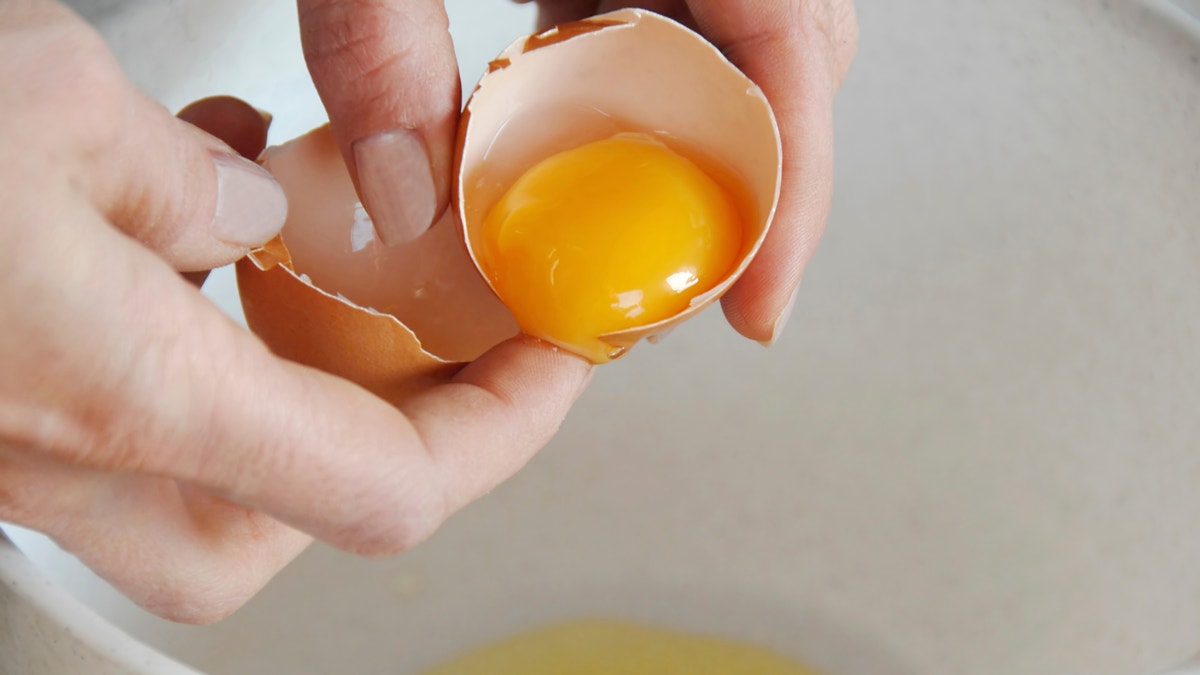
broken egg in hands with separated yolk closeup (iStock)
Crack eggs on a flat surface, not the side of a bowl, to prevent eggshells from landing in your food. Also, crack eggs into a small bowl before adding them to whatever you’re making, so you can scoop out any rogue pieces of shell.
2. Dropping eggs in boiling water
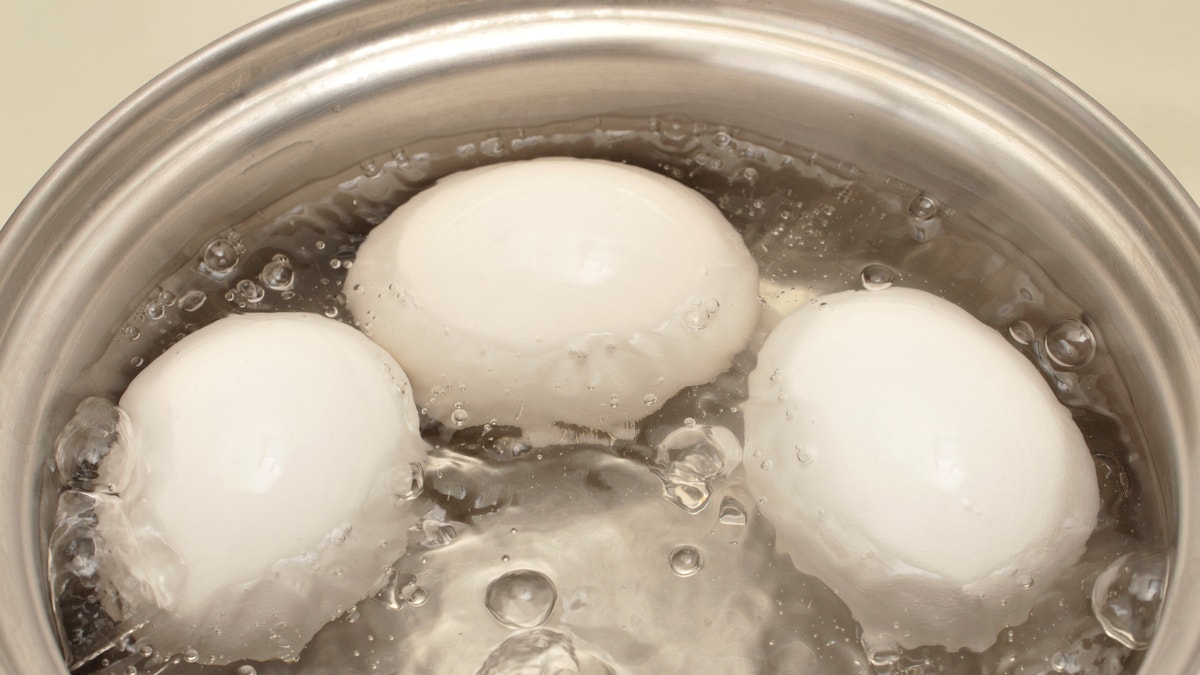
Closeup of three eggs boiling in pot of hot water (iStock)
Don’t add eggs to a pot of boiling water; you’ll end up burning your fingers, cracking the egg, or both. Start the eggs in cold water, and bring to a boil. Turn off the heat and let the eggs sit for 10 minutes (about 5 minutes for a runny yolk) in the hot water. Overcooking eggs will result in a sulfurous smell. Then plunge into an ice bath with cold water running over the top to completely stop the cooking process.
3. Trying to peel cold hard-boiled eggs
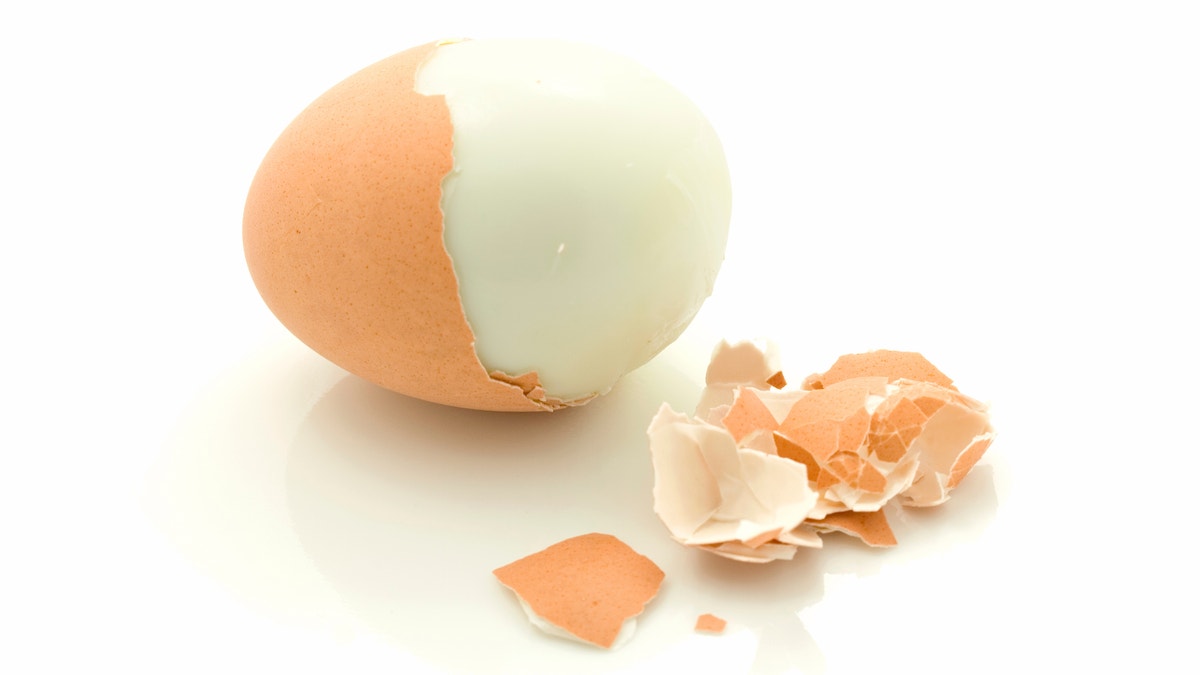
(iStock)
After the boiling and setting in an ice bath, peel hard-boiled eggs as soon as they’re cool enough to handle.
4. Over-cooking scrambled eggs
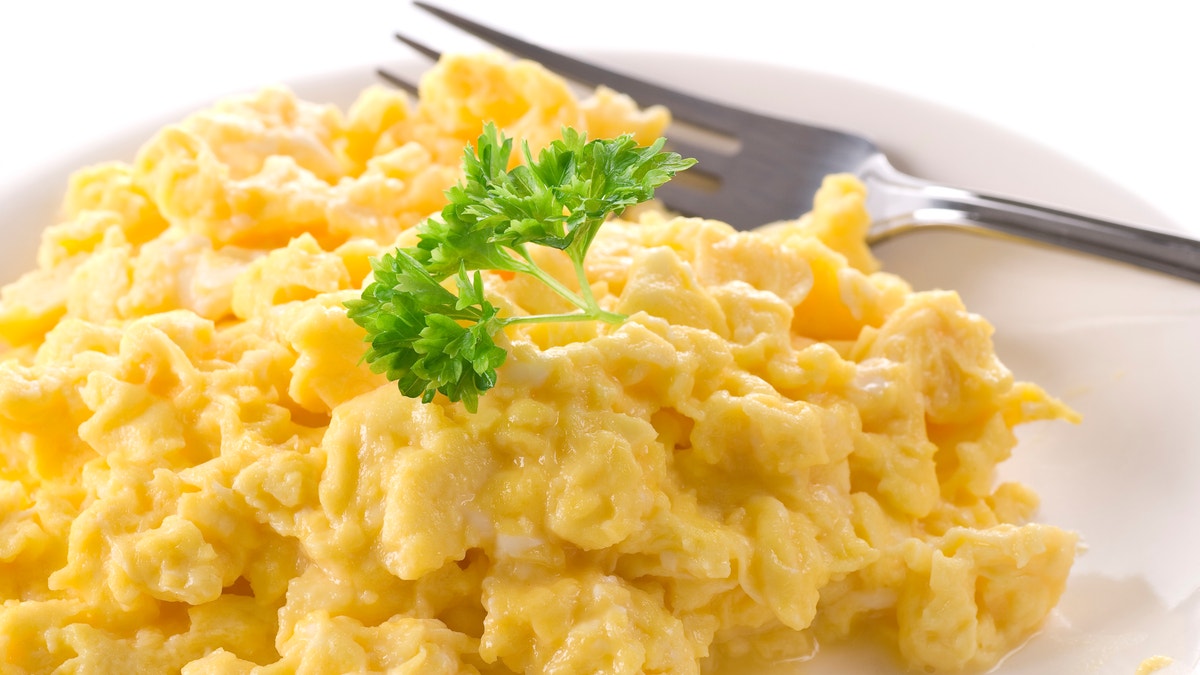
(iStock)
Most people overcook their eggs when scrambling because they use high heat. Cook eggs over low to medium heat, gently scrambling with a fork or spatula. This allows for curds to form, and scrambled eggs will come out silky instead of dry.
5. Over-beating eggs
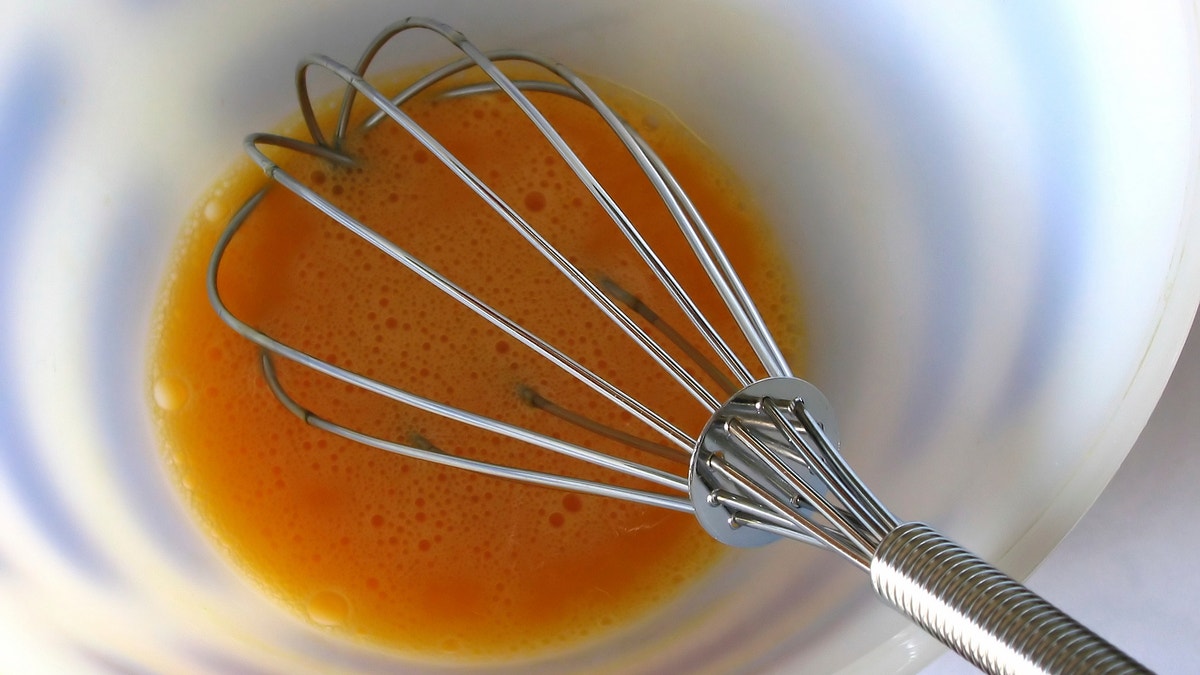
(iStock)
Don’t over-beat the eggs before adding to the pan, which can result in flat, dense omelettes. Add a little bit of water or cream to make your omelettes light and fluffy.
6. Poaching old eggs
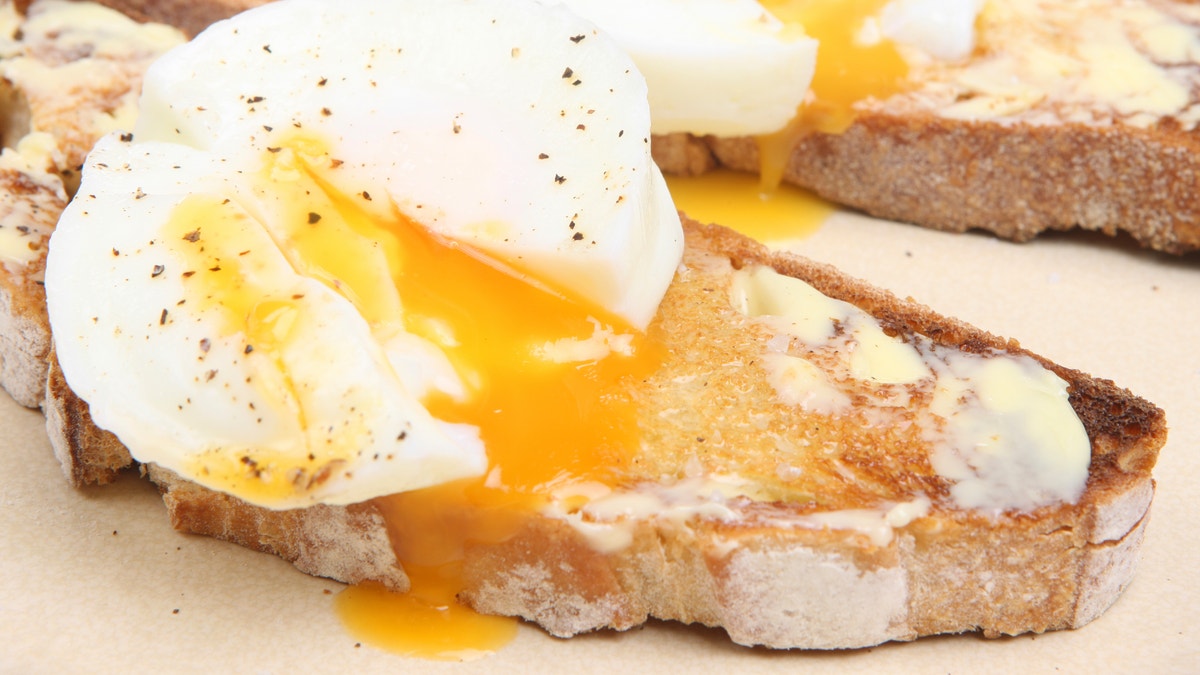
Poached eggs on buttered toast from a rustic white bread loaf. (iStock)
When poaching, older eggs will spread out more in the water than fresh eggs. Old eggs develop air pockets in the top and are a bit runnier than new eggs. You can still use older eggs for almost any other use, like hard boiling or scrambling.
See what other ways you may not be cooking your eggs the right way.
More from The Daily Meal
5 Egg Hacks That Will Change Your Breakfast Forever
8 Ways You’ve Been Cooking Chicken Wrong
